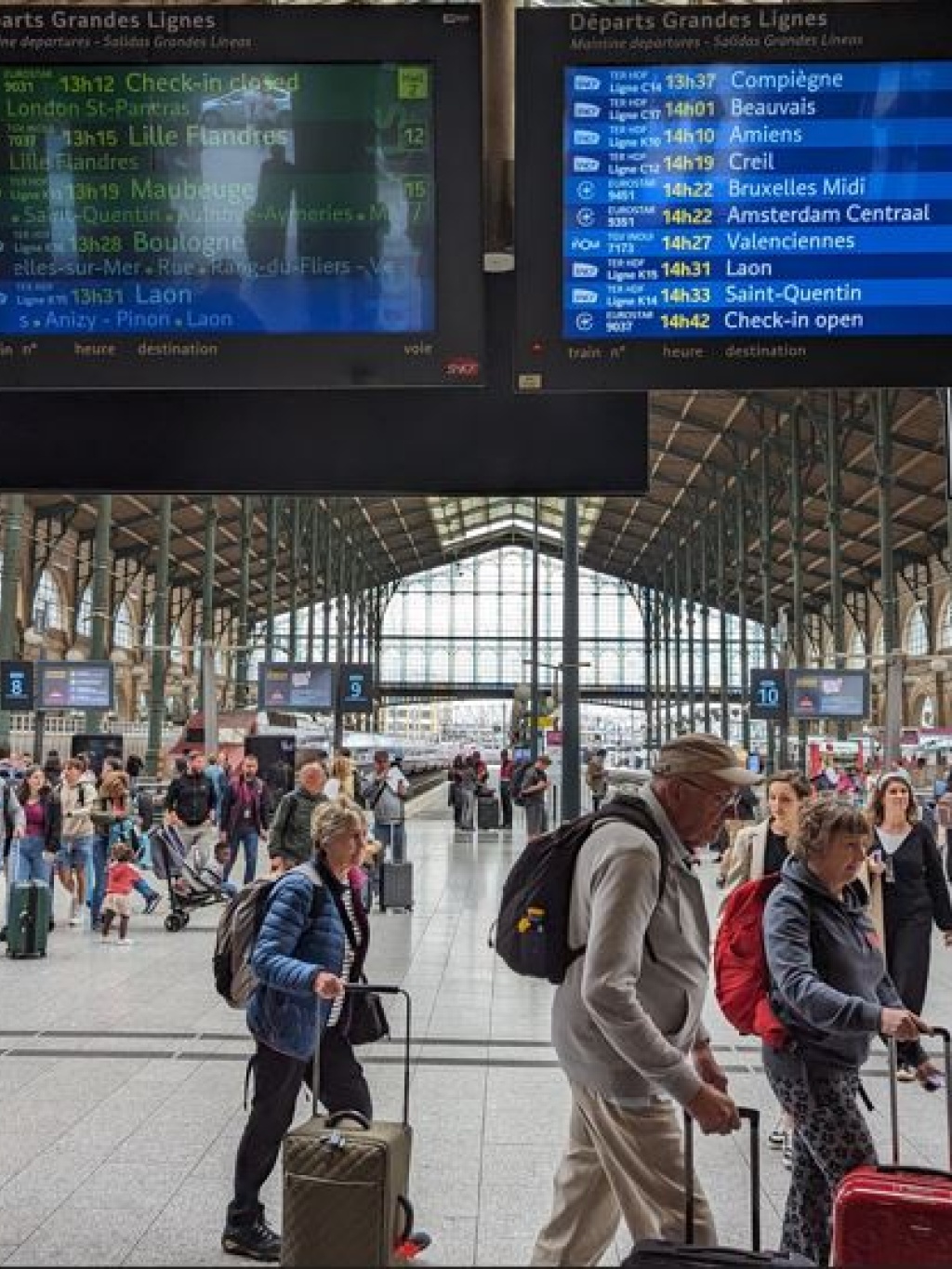HVO can be part of our clean energy transition, but not for heating homes.
As we race against time in our efforts to address climate change, Margie McCarthy, Director of Research and Policy Insights draws on insights from SEAI’s analysis, including the National Heat Study, to discuss how HVO (Hydrotreated Vegetable Oil) can most effectively contribute to Ireland’s energy transition.
Targeting solutions in a race against time.
HVO is a valuable resource, and like all other biofuels, will be part of the solution for decarbonisation of our energy demand. However, there is only a finite supply of HVO, and it is going to be needed in areas where we do not have alternatives and so choices must be made.
What is HVO?
HVO is a renewable form of biofuel. It is derived from vegetable oil, processed with hydrogen, to create a diesel substitute product. Crucially, where HVO supply is sustainable, it can have a carbon footprint that is at least 65% lower than conventional fossil fuel (diesel oil). However, there are several factors when considering the challenges with HVO supply, and why technologies like heat pumps and district heating are more favoured solutions for heat.
Strategic Allocation of HVO
We are currently over 95% reliant on fossil fuel for our heat demands. The SEAI National Heat Study projected that by 2030, HVO and other biofuels, used in heating could provide 400 GWh of renewable energy in 2023 and 1,100 GWh of heating in 2050. The availability figures are based on data from the International Energy Agency. This represents only 1% to 4% of Ireland's projected heat demand, and this supply does not even cover the demand for Ireland’s rural homes alone.
For heat in our buildings, the SEAI National Heat Study found that the best solution to deliver fast, cost-effective, fossil free heat is to accelerate mass installations of heat pumps, mostly in our smaller towns and rural areas, and to deploy district heat networks in our larger towns and cities.
Energy Security
Ireland is currently over 80% reliant on imported fuels for our energy needs. In the case of HVO, despite some feedstocks being locally sourced in the form of used cooking oil and tallow, Ireland primarily imports it for heat use from European and international markets. The limited availability of local feedstock for HVO means it is unlikely to significantly bolster our energy security. Safe to say, any reliance on imported HVO would do little to enhance Ireland's energy security. And as we compete on a world market, it does nothing to mitigate price volatility.
Sustainable Solutions
HVO imports must originate from sustainable sources, such as waste oils or advanced biofuels feedstocks like agricultural waste. Use of unsustainable feedstocks could lead to significant environmental impacts, including deforestation and impact on food production. The obligation scheme for transport means the sustainability of HVO in that sector is currently verified. Unfortunately, with no such obligation scheme for HVO use for heat currently, there is no obligation for sustainability certification. There is however a concern that some imported HVO might be sourced from unsustainable feedstocks, such as palm oil. This concern is highlighted by the "Department of Transport: Requirements and Constraints on Biofuels in Ireland 2022” report, which points to potential fraud in the supply chain of some HVO feedstocks and quotes the European Court of Auditors as questioning the reliability of the EU's biofuel certification system.
Risk of switch back to fossil fuels
The next factor is the risk of switch back to fossil fuel. This is where an existing fossil fuel boiler, previously converted to use HVO, may be switched back to using fossil fuel relatively easily. As with any fuel source, the future cost of HVO may fluctuate due to supply and demand dynamics, as well as taxation policies. Therefore, there is a risk of users switching back to fossil fuels, especially if significant price advantages for fossil fuels emerge. The ability to prevent such a switch back by home and business users is severely limited.
Show Fossil Fuels the Door
We cannot afford to give fossil fuel appliances a lifeline in our buildings when there are excellent alternatives available today. Our focus needs to be on insulating our buildings to reduce their energy needs, accelerating the deployment of district heat networks across our cities and larger towns, and supporting people in smaller towns and rural areas to move to heat pumps. Deploying these solutions means we will have cosier, warmer, healthier buildings for people across Ireland, with more efficient heating systems, and move us forward in the race against time in our efforts to address climate change. It’s time to show fossil fuels the door.
There are choices but sometimes it’s not clear. Reducing your energy needs to heat your building or home by insulating it to hold in more of its heat is a great first step. Read more about home energy upgrades, including what to expect if you move from your fossil boiler to a heat pump.



